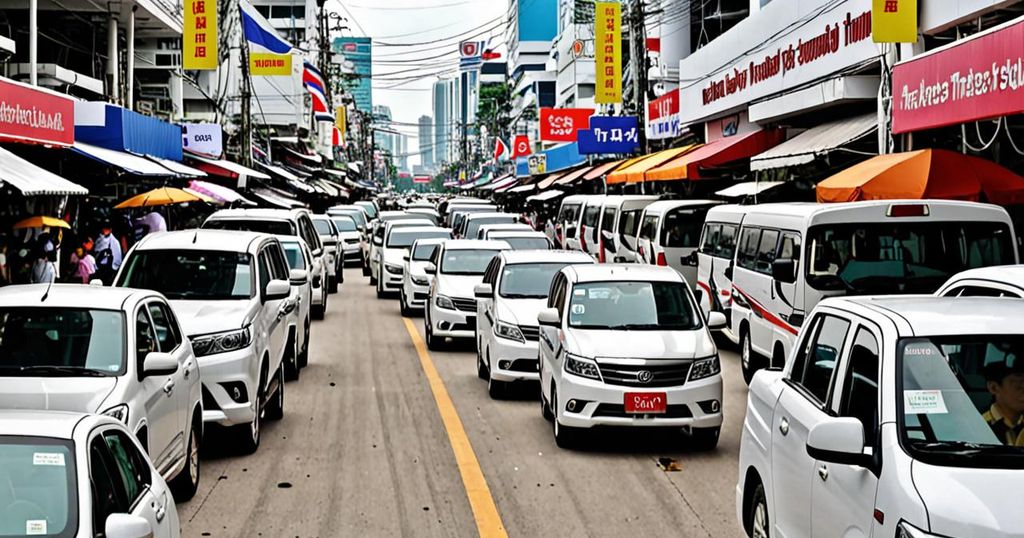The potential removal of Prime Minister Srettha Thavisin and the possible dissolution of the Move Forward Party are posing serious threats to Thailand’s economic recovery, according to a recent statement by an expert from the Thailand Development Research Institute (TDRI).
Nonarit Bisonyabut, a researcher at TDRI, cautioned that the country’s much-anticipated economic upturn, driven by both global recovery and domestic stimulus efforts, is now in jeopardy due to the looming political issues. He emphasized that while the global economic landscape shows signs of improvement, political turmoil within Thailand is casting a shadow over the nation’s economic prospects.
Amidst falling interest rates in Europe and the US, signaling a broader global economic revival, Nonarit expressed concerns about the impact of political uncertainty on Thailand’s economic outlook. He highlighted the impending 2024 budget bill as a potential catalyst for stimulating the domestic economy, but cautioned that its effectiveness could be hindered by political setbacks.
Specifically, Nonarit pointed to the cases pending in the Constitutional Court against Prime Minister Srettha Thavisin and the Move Forward Party as significant impediments to Thailand’s economic resurgence. A group of senators has petitioned the Constitutional Court to remove Prime Minister Srettha from office, alleging violations of the charter by appointing a minister with a criminal record. Nonarit underscored that any change in leadership resulting from such a situation could lead to a delay in implementing crucial economic stimulus measures.
Furthermore, the Move Forward Party is facing potential dissolution as the Election Commission has petitioned the Constitutional Court to dissolve the party, citing attempts to undermine the constitutional monarchy with its efforts to amend the lese majeste law. Nonarit warned about the adverse impact of dissolving a popular opposition party that garnered the majority of seats in the last election, expressing concerns that such a move could trigger widespread street protests, thereby further undermining the country’s economic stability.
In conclusion, Nonarit conveyed a sense of urgency, cautioning that these political challenges have the potential to prolong Thailand’s economic struggles. Despite the promising prospects of a global economic resurgence and anticipated domestic stimulus, the prevailing political uncertainties threaten to delay the much-awaited economic recovery.
The assessment provided by the TDRI researcher serves as a poignant reminder of the intersection between politics and economics, and the far-reaching consequences of political instability on a nation’s financial well-being. As Thailand grapples with these critical issues, it becomes imperative for the country’s leadership to navigate these challenges with astuteness and foresight, ensuring that political considerations do not impede the nation’s economic progress.

Leave a Reply